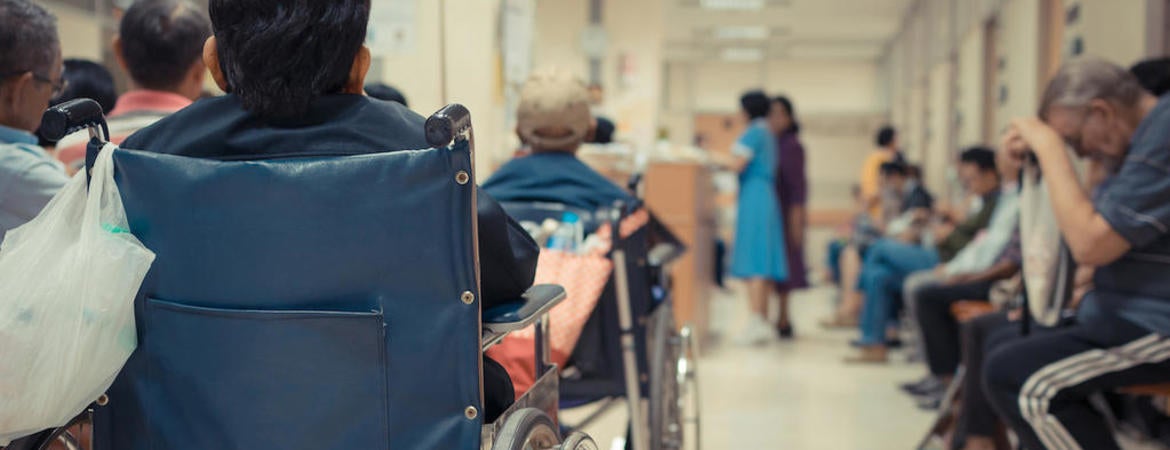
Assistant Professor in the Graduate School of Education, Soojin Park, and Assistant Professor of Sociology, Chioun Lee, recently received the Pilot Interdisciplinary Collaborative Award (PIC), a $20,000 seed grant, from The Center for Health Disparities Research at University of California, Riverside (HDR@UCR) for their proposal “Cardiovascular Health at the Intersection of Gender and Race/Ethnicity: Identifying Life-course Processes to reduce health disparities.”
The Center for Health Disparities Research at University of California, Riverside (HDR@UCR) is a research center that aims to develop a rich interdisciplinary and collaborative environment for training in and performing health disparities research, infusing community-engaged research methods into the academic culture, and equipping investigators with tools and training for effective community-based research. Funded by an award from the National Institute on Minority Health and Health Disparities (NIMHD) of the National Institutes of Health (NIH), the center awards seed grants to interdisciplinary research working groups to support research studies that may lead to an extramural funding proposal. Read the abstract below.

Abstract:
In 2010, the American Heart Association introduced a new metric, “ideal cardiovascular health,” to improve cardiovascular (CV) health and reduce health disparities in populations, yet racial/ethnic disparities in CV health persist. Non-Whites are far less likely than Whites to achieve ideal CV health, and the racial/ethnic gap is larger for women than men among Blacks and Hispanics. The mediating role of life-course factors has been widely implicated, but existing studies are limited to only a few factors whose relative importance has not been rigorously tested. Using two national longitudinal studies of aging (the Midlife in the United States study and the Health Retirement Survey), we aim (1) to examine to what degree disparities in CV health exist at the intersection of race/ethnicity and gender and (2) to assess to what degree life-course factors (early-life adversity, adult socioeconomic status, perceived discrimination, parenthood, and neighborhood) contribute to the disparities. We use causal decomposition analysis to estimate the extent to which racial/ethnic–gender disparities would be reduced if the distributions of life-course mediators were equal across the groups. We conduct sensitivity analyses to determine the extent to which unmeasured confounders would invalidate our findings. The proposed project will advance the PIs’ overall goal of conducting health disparities research. The PIs will use financial support from the PICR Award to prepare a R01 proposal, through which the PIs will use an intersectionality approach to investigate life-course processes that reduce health disparities. Although our study does not directly collect data from a community sample, we aim to engage with health professionals and residents in the community by presenting our work and receiving feedback at community research centers. Findings from this project will inform intervention programs that are designed to reduce cardiovascular disease risk by modifying life-course factors, particularly for marginalized individuals.